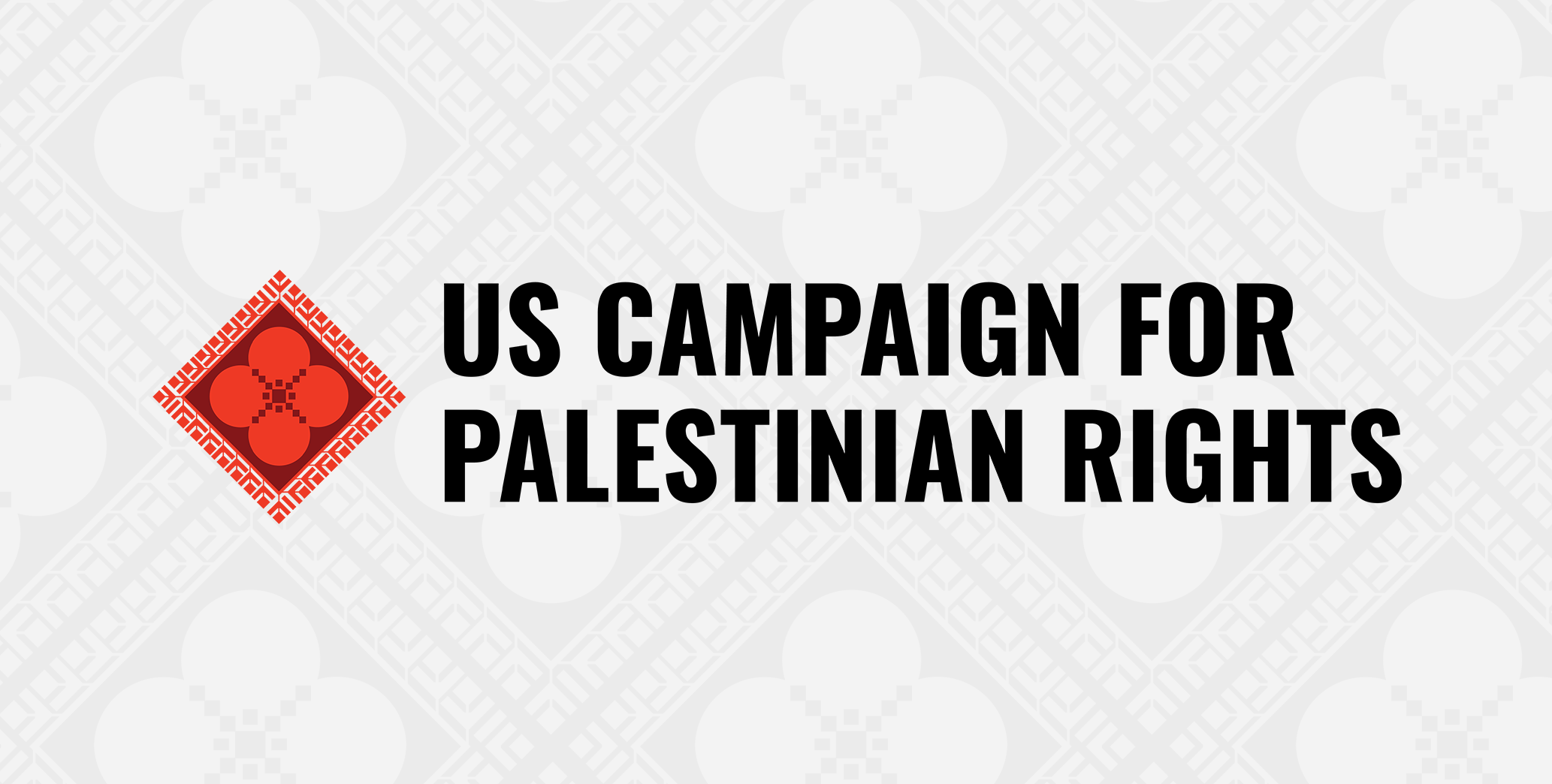President Trump’s Newest Discriminatory Executive Order Represses Advocacy for Justice, Targeting Palestinian Students and Their Allies

WASHINGTON, DC, December 11, 2019—President Trump’s planned executive order is a clear instrument of repression targeting activism for freedom, justice, and equality for the Palestinian people on college campuses. Disguised as anti-discrimination policy, this executive order shamelessly exploits legitimate fears around the deadly resurgence of antisemitism, Islamophobia, and other forms of racism by a president who has blatantly fueled antisemitism and racism. Since coming to office, President Trump has called neo-Nazis “very fine people” and repeatedly deployed antisemitic tropes, including as recently as last week. This repressive measure fits squarely within a global pattern of rising repression from right-wing governments and widespread attempts to silence dissent against the horrific policies of the Israeli state.
The executive order will have a chilling effect on college campuses, both on student advocates for justice and on university administrations who may proactively seek to silence Palestinian rights activism to maintain federal funding. By conflating criticism of well-documented abuses of Palestinian rights by the Israeli government with antisemitism, the Trump administration is attempting to repress and intimidate students of conscience who are advocating for Palestinian rights and already face disproportionate, discriminatory censure from university administrations. Palestinian students will fear speaking out for their families and loved ones suffering under the Israeli government’s racist, separate-and-unequal apartheid system. Those who would advocate with them—often Black students and students of color—against the Israeli government’s separation of Palestinian families, mass incarceration and killing of Palestinians, and blanket surveillance will fear censure as well.
These attacks against Palestinians and those who struggle with them must be understood within the context of a long history of attacks on movements for social justice and freedom. As the frontlines of social change, college campuses present a challenge for supporters of Israeli apartheid. President Trump’s executive order will particularly embolden Kenneth Marcus, his appointee for Assistant Secretary for Civil Rights of the Department of Education (ED) and a staunch opponent of Palestinian rights, in his efforts to attack students’ free speech. Marcus, the most controversial appointee to the ED’s Civil Rights office in history, has a long history of filing spurious Title VI discrimination complaints with the ED designed to intimidate, silence, and repress college students organizing for Palestinian rights, and has continued that pattern in his new position.
Marcus explicitly acknowledged his intent to chill First Amendment-protected speech in a 2013 article in the Jerusalem Post, in which he also referred to advocates for Palestinian rights as “Israel-haters”: “We are, in fact, comforted by knowing that we are having the effect we had set out to achieve,” he wrote. “These cases—even when rejected—expose administrators to bad publicity … Israel-haters now publicly complain that these cases make it harder for them to recruit new adherents…Needless to say, getting caught up in a civil rights complaint is not a good way to build a resume or impress a future employer.”
Much as the campaign to dismantle South African apartheid unfolded on U.S. campuses in the 1980s and subsequently faced repression, apologists for Israeli apartheid are increasingly turning to illiberal tactics of intimidation to silence advocates for justice and stifle a debate that exposes Israel’s human rights abuses to the world. As the rise of the global far-right increasingly threatens people who are Black, of color, Muslim, Jewish, LGBTQIA, immigrant, or otherwise marginalized for their identity, it is imperative for elected officials to take meaningful stances against antisemitism and not undermine real efforts to combat it through repressive false accusations, including those encouraged by this executive order.
###